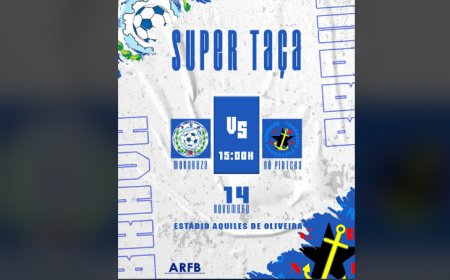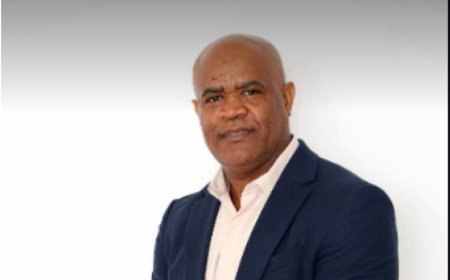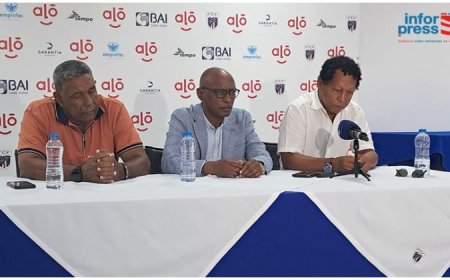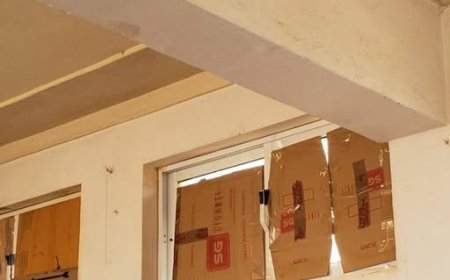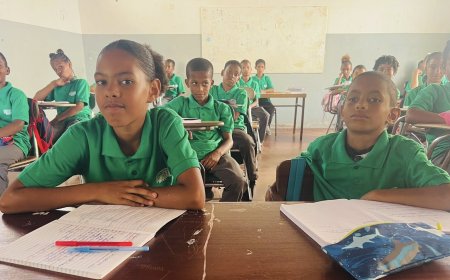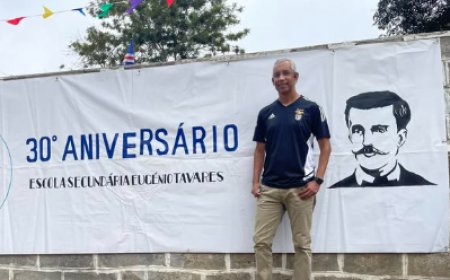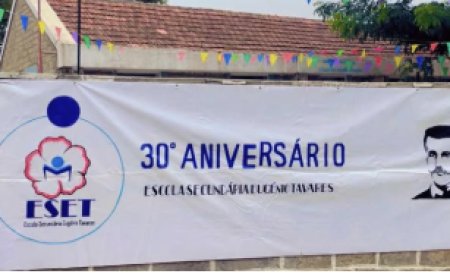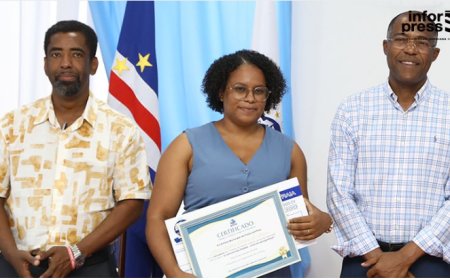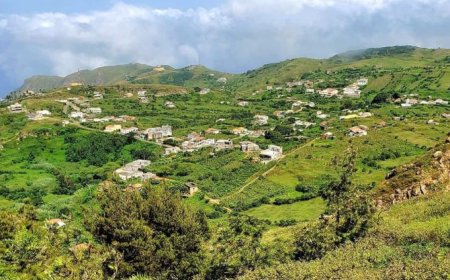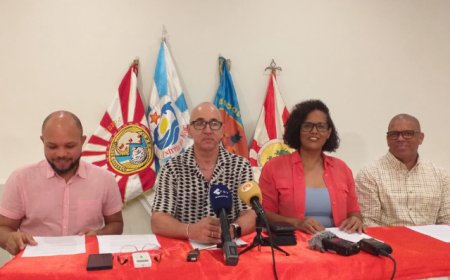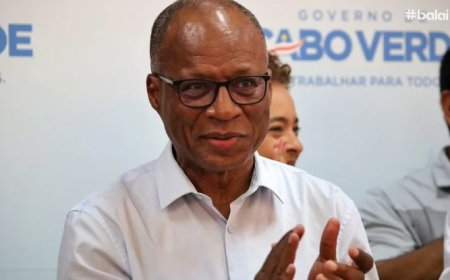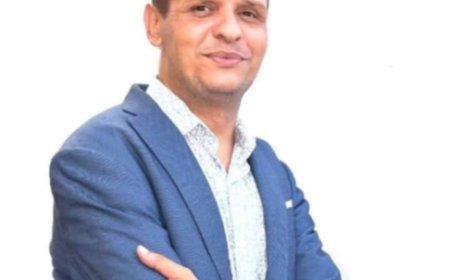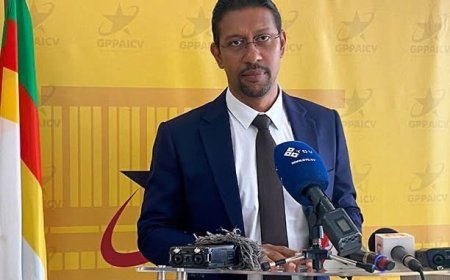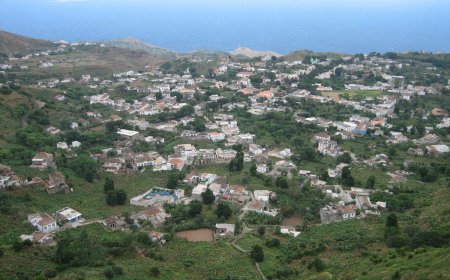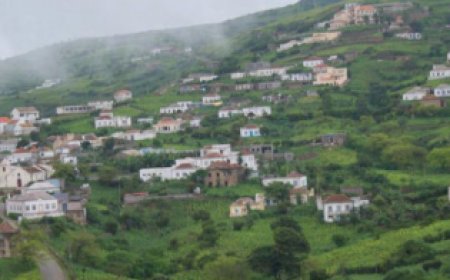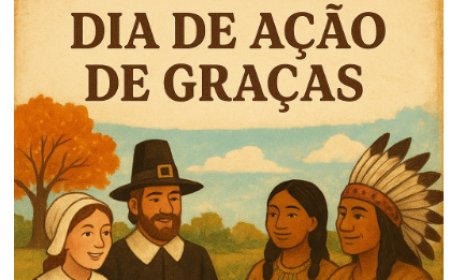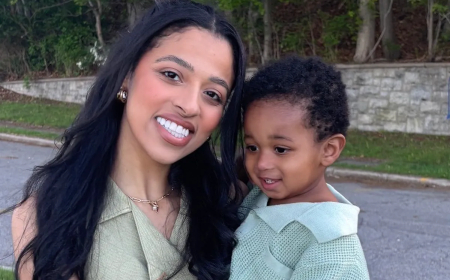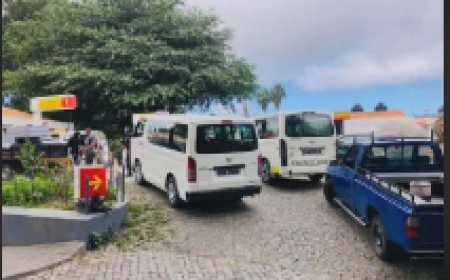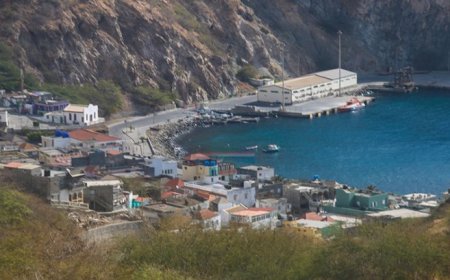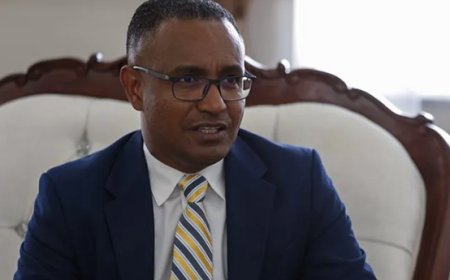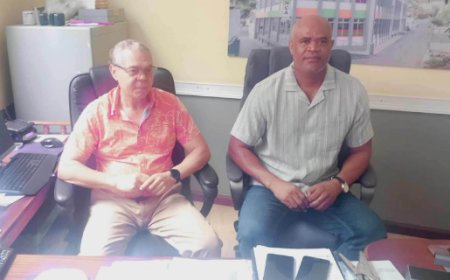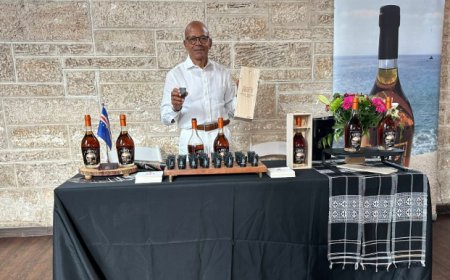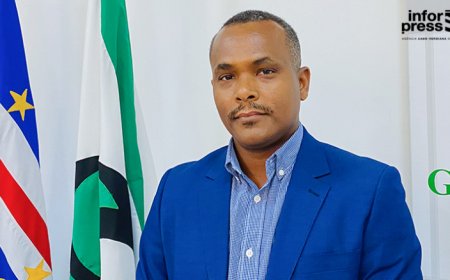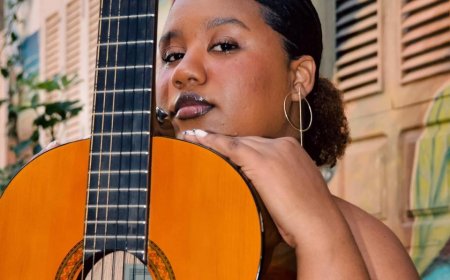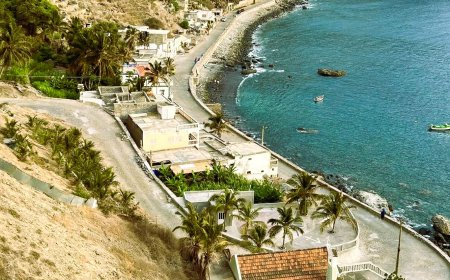5th of July: PAICV highlights achievements and challenges in the celebration of 48 years of Cape Verde's Independence
The parliamentary leader of the African Independence Party of Cape Verde (PAICV – opposition), João Baptista Pereira, praised this Wednesday, 05, the achievements achieved by the country over these almost five decades, in addition to highlighting the challenges that still persist.
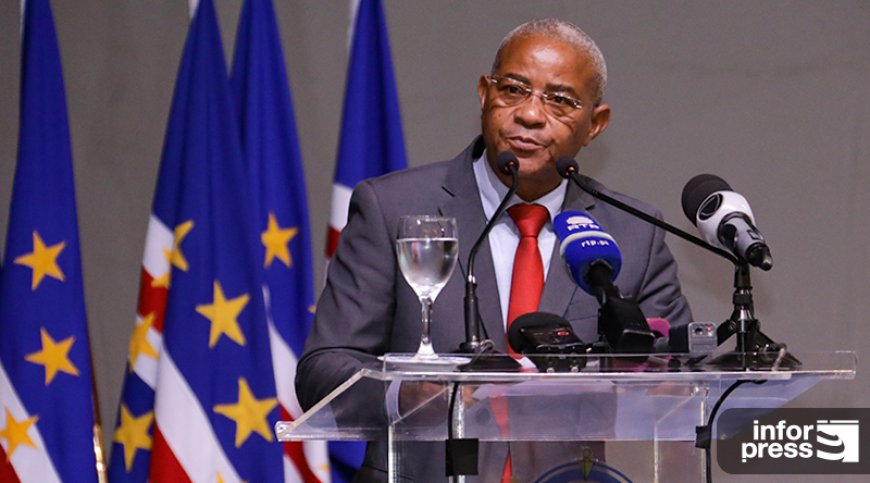
At the solemn session commemorating the 48th anniversary of Cape Verde's Independence, held today at the National Assembly, the parliamentary leader began his speech by highlighting the importance of the 5th of July, which marks the country's independence and the birth of an independent and sovereign, emphasizing the commitment and love for the land and the people of all those who fought for the liberation of the country.
“The 5th of July represents the materialization of the greatest political project of Cape Verdeans, also constituting the culmination of a struggle that came from previous generations, even if this struggle did not always have the independence of Cape Verde as its objective, but only a more comfortable life and fair for its inhabitants”, he said.
The parliamentary leader mentioned the history of Cape Verde, which has gone through major crises over the years, including devastating droughts that resulted in a significant reduction in population and, however, stressed that, despite the difficulties, Cape Verde persisted in its fight for independence and for a fairer life for its inhabitants.
“It should be noted that Cape Verde went through major crises, namely in 1941, 42, 47 and 48, some of them with such violence that the population, estimated in 1939 at 174 thousand people, dropped, in 1950, to 139 thousand. The island of Santiago lost, between 1946 and 1948, 65% of its inhabitants”, he added.
Continuing, he mentioned the historic event of independence, which took place in 1975, in which several foreign delegations were present, including representatives from Portugal, Guinea-Bissau, Angola, São Tomé and Príncipe, among other countries.
Still in his speech, the PAICV parliamentary leader highlighted the figure of Amílcar Cabral, leader of the struggle for independence in Cape Verde and Guinea-Bissau, who became immortalized for his achievements and was recognized as one of the most influential leaders of the 20th century.
Regarding the advances achieved since independence, João Baptista Pereira highlighted the economic, social, cultural and political growth of the country, mentioning that the Gross Domestic Product per capita has increased significantly, as well as the life expectancy and the literacy rate of the population. In addition, he highlighted advances in health, with universal coverage and access to health facilities.
“Life expectancy at birth for Cape Verdeans has gone from 57 years to over 74 years. The literacy rate of the population stands at 89.9%, reaching 99% between 15 and 24 years old, when at the time of National Independence the number of illiterates among the inhabitants was over 60%. In 1975 we took over a health system with 13 doctors, two hospitals and infirmaries on some islands. Today, more than 69% of the population has access to universal health coverage and 80% are less than 30 minutes away on foot from a health facility, according to the World Health Organization,” he said.
“We reached a Human Development Index (HDI) considered average by the UNDP and boast the second best quality of life in Africa, according to the Social Progress Index. Out of 165 independent states and two territories, Cape Verde ranks 32nd in the Democracy Index, ranking globally as the third most democratic African country,” he added.
However, the PAICV parliamentary leader recognized that there are still challenges to be overcome, starting with the need to make Cape Verde a green country and resilient to climate change, to combat extreme poverty and violence against women and children, to strengthen justice and good governance, among other aspects.
“In fact, we need a country that is green and resilient to climate change. A country that defends and promotes intergenerational solidarity. A country without extreme poverty and with a low incidence of absolute poverty. We need a safe and free country, without violence against citizens, without discrimination and violence against women and children. A transparent country, based on the rigor of the management of public affairs, which defends collective goods and promotes good governance and respect for citizens' rights, freedoms and guarantees. A country endowed with credible, swift, accessible justice capable of enforcing constitutionally enshrined rights”, he said.
João Baptista Pereira also defended a country that respects constitutionally established principles and values, that respects international law validly received in the internal legal order, that is committed to valuing its human resources and inclusive development and with 100% of its population having access to coverage universal healthcare.
“A country capable of guaranteeing its children the constitutional right to decent housing. A country respected in the world, for its convictions, coherence and intransigence regarding fundamental principles and values. A culturally diverse country, however, unified in market terms, through a predictable, regular and accessible transport system for all Cape Verdeans”, he concluded.





